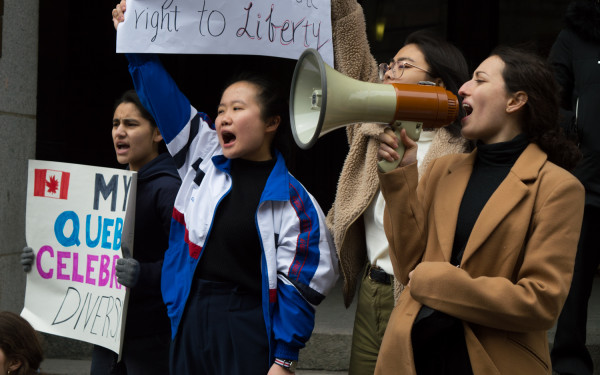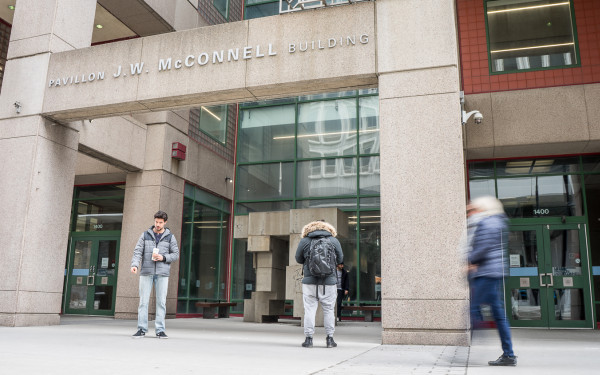Liberal Arts College Sparks Debate After Cancelling Speaker
Majority of Faculty Rescinded Speaker Due to His Anti-Feminist Takes
A debate on censorship and free speech was provoked after the Liberal Arts College disinvited a keynote speaker because of his views on feminism.
For their 40th anniversary, the LAC hoped to organize a panel for alumni with the acclaimed Professor Harvey C. Mansfield of Harvard University. But after outcry, the college’s faculty responded by disinviting him.
The Harvard professor is known for his explorations of Western philosophers like Aristotle, Edmund Burke and Thomas Hobbes.
Shortly after the announcement of the panel was made public, a dozen alumni wrote an open letter to the college insisting the LAC reconsider their decision to invite Mansfield on campus.
The Link contacted the LAC but has not received a comment by the time of publication.
They mentioned how some of Mansfield’s work denounces modern feminism. In a 2006 New York Times interview about his novel Manliness, Mansfield said women have “less capacity than men at the highest level of science.”
Mansfield justified his argument by saying it’s “common sense if you look at who the top scientists are.”
Three out of eight faculty members later emailed a signed letter to students explaining their discontent with the college’s decision to exclude Mansfield from their anniversary celebrations.
President of the LAC Alumni Julia Amblard, associate professor Eric Buzzetti and LAC co-founder Frederick Krantz said they need to dissociate themselves from the decision made by their colleagues.
“[We] reaffirm our commitment to freedom of speech and freedom of thought at the Liberal Arts College,” they wrote in an email to students.
Amblard, Buzzetti and Krantz stressed that Mansfield wasn’t invited to speak about feminism.
“Mansfield is entitled to hold and defend such views, which fall well within the scope of legitimate scholarly discourse. Above all, we believe that it is wrong to silence a scholar because we happen to dislike, or to disagree with, what he has to say.”
Later that week on Feb. 28, a post in a LAC Facebook group condemned the rescinding of Mansfield, denouncing it as a form of censorship.
A number of commenters agreed with the decision of dismantling the panelist, while others argued it was an attack on free speech.
After the majority of faculty voted not to have Mansfield on the panel, it’s unsure what the LAC will be organizing for the 40th anniversary.
This is not the first time there is a debate on panelists’ views on feminist topics. When the Concordia University Part-Time Faculty Association organized a panel about the climate of sexual misconduct at Concordia, other panelist deemed the constitutional and human rights lawyer Julius Grey an “unacceptable” choice for a keynote speaker.




_600_375_90_s_c1.jpg)

